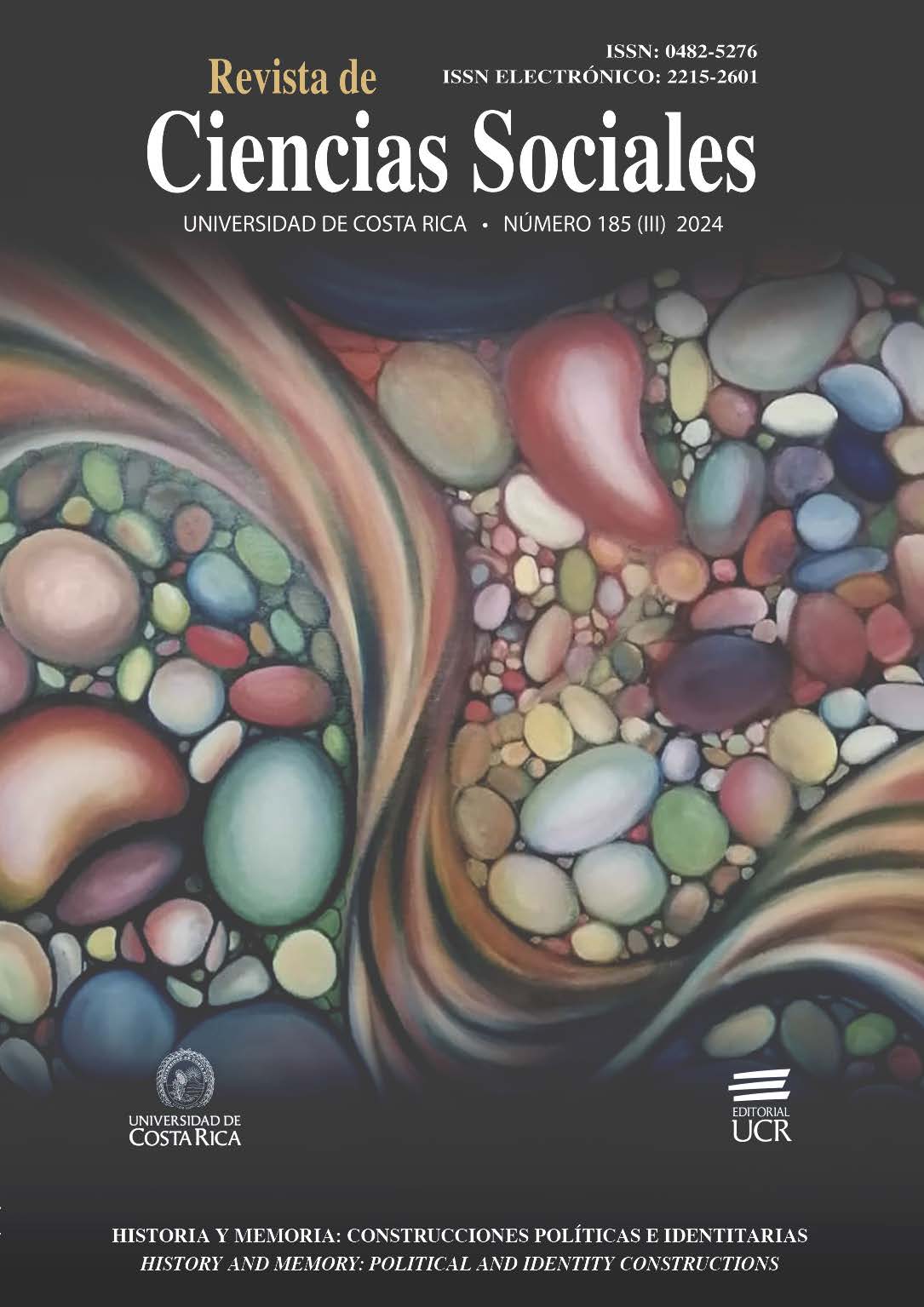Abstract
In the central theme of this issue, “History and memory: political and identity constructions,” we have the collaboration of López, who analyzes narratives that reflect a reconstruction of memories associated with the Colombian armed conflict, highlighting the diversity of experiences among victims, ex-combatants and human rights defenders. These individual narratives are intertwined with collective and ethical dynamics, challenging dichotomous divisions and promoting the construction of shared truths. Emphasis is placed on memory as a dynamic and subjective process that connects the past with the present and projects possible futures. It raises the need to transcend individual narratives towards a collective “we,” recognizing shared responsibilities and wounds. Reconciliation requires collective mourning for the losses of the armed conflict, integrating new generations into a common memory. Urbina's article examines the relevance of illusionism, sleight of hand, ventriloquism, and circus shows in Costa Rica between 1941 and 1971, pointing out their impact on the entertainment and cultural interaction of the urban population, especially in San José, with the support of journalistic sources that document companies, artists, and acts that were part of this cultural scene. During this period, these forms of entertainment competed with popular activities such as soccer, theater, and cinema, limiting their diffusion to other regions of the country. The lack of state support for these companies is evident, as well as the economic challenges they faced due to high operating costs and low public attendance. These shows, through national and foreign artists, contributed to the cultural interaction and leisure of Costa Rican society. The foundation of the Ministry of Culture in 1971 marked an end point for this entertainment period, reflecting a change in the country's cultural policies. Furthermore, Fernández addresses the role of women presidents in Latin America, with a specific focus on the presidential candidates in Mexico and the context of the 2024 elections. A historical review of Latin American women leaders is resented, outlining the trajectories, challenges, and sociopolitical contexts they faced. In the case of Mexico, the study analyzes the six women who ran in previous elections and details the profile of the two main candidates for 2024: Claudia Sheinbaum and Xóchitl Gálvez, who represent antagonistic political options. The study examines historical figures that reveal the low female representation in executive positions, despite growth in other political areas, such as the legislative ones. It is highlighted that many female candidates in Mexico have competed with little chance of success due to the political forces that nominated them. The fact that a woman presides over Mexico has a profound symbolic meaning for gender equality and the social imaginary, consolidating another step in female participation in the executive branch.


